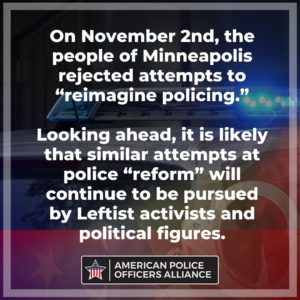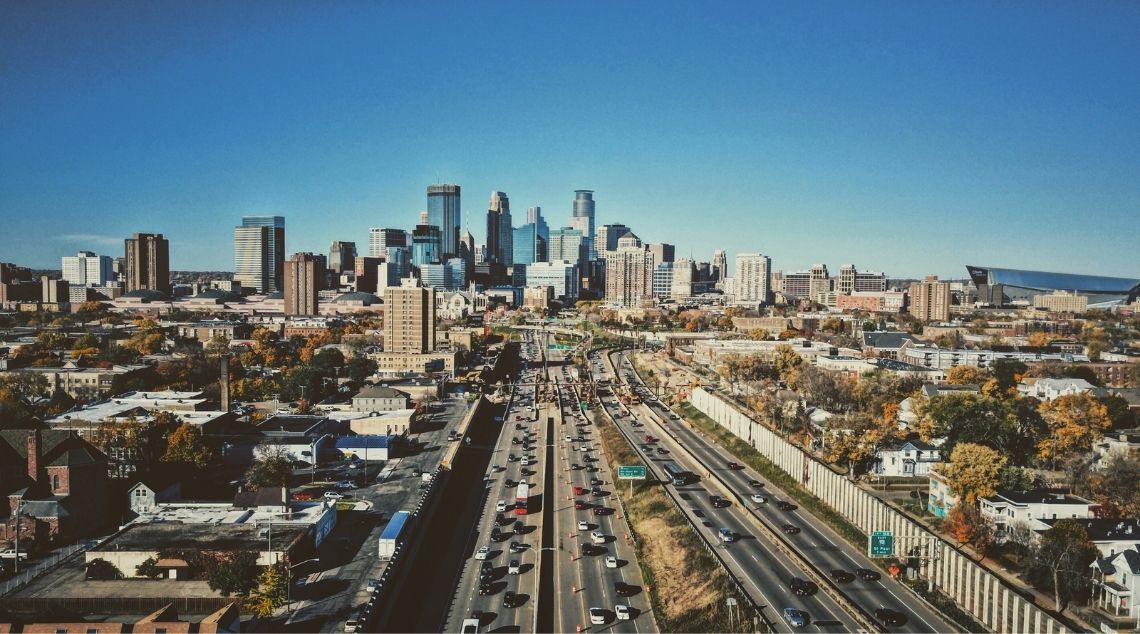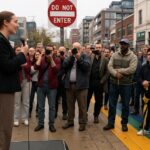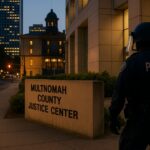By the time voters went to the polls to vote in Minneapolis on November 2nd, the city had over a year to digest the catastrophic effects of their local government’s crusade against the city’s law enforcement.
By January 2021, the number of gunshot wound victims was up 250%. By September, violent crime city-wide was up by 19%.
These were all the direct results of Leftist anti-police policies in the city which Defunded the police department and by November was asking citizens to give them the authority to virtually disband it altogether.
But on November 2nd, the people of Minneapolis rejected these attempts to “reimagine policing.”
But now that Minneapolis has defeated Question 2 at the ballot box, and the proposed “Department of Public Safety” which came with it, what’s next for the city?
For one, it is likely that the mayor’s office will begin addressing the chronic shortages the police department has faced since last year.
As recently as September, Minneapolis Police Chief, Medaria Arradondo, reported that his department had lost 300 officers since the summer of 2020.
And over the summer, residents of the city sued the government for the police shortage they had helped create. A Hennepin County judge ultimately ruled that the city must employ 730 sworn officers by June 30, 2022, after finding the city was in violation of its own charter-a charter they attempted and failed to rewrite through Question 2 on November 2nd.
Part of complying with this court order will inevitably result in refunding the Police Department, which has requested $27 million to rebuild core capabilities, but how much will be reallocated to the city’s Law Enforcement remains to be seen.
But one dynamic which cannot be ignored as the city moves forward, is the Leftist impulse to continue to capture Law Enforcement in both Minneapolis and America at large.

The architect of the Question 2 measure, activist group YES 4 Minneapolis made the following statement after the defeat of the measure:
“We changed the conversation about what public safety should look like. Now, we will work to hold the system accountable. We will work to heal our city and create safer streets for all our communities.”
Question 2 is likely the opening salvo by the group, and those who share its vision.
Kandace Montgomery, co-director of Black Visions Collective, a similar activist group to YES 4, stated:
“Transformative change takes time, so we’re very hopeful that this will be a long fight for change.”
Looking ahead, it is likely that similar attempts at police “reform” will continue to be pursued by Leftist activists and political figures.
Take Minnesota Attorney, Keith Ellison, for example, who said this concerning the ballot measure:
“Fundamentally, communities across [Minneapolis] need & want the possibility for reform & accountability, which the current Charter blocks by locking us into an outdated model for law enforcement and safety. They want to end the cycle of inaction.”
Ellison’s only critique of the Defund movement has been that they were politically foolish enough to explicitly state their objective:
“…I would never adopt … the language of defund the police, abolish the police, I wouldn’t use that term.”
For political activists like Ellison, their mission will likely continue to dismantle American police.
While Minneapolis has halted their advance, the fight is likely far from over. The residents of Minneapolis have taken a stand for Law & Order in their community, but those who would seek to dismantle it will be regrouping to stage their next attack.
Image Credit: Photo by Daniel Mccullough on Unsplash
Police reform bills are the new trend and many states are moving fast to repeal and restrict the rights of officers. Here are some of the worst police reform bills to watch out for.










